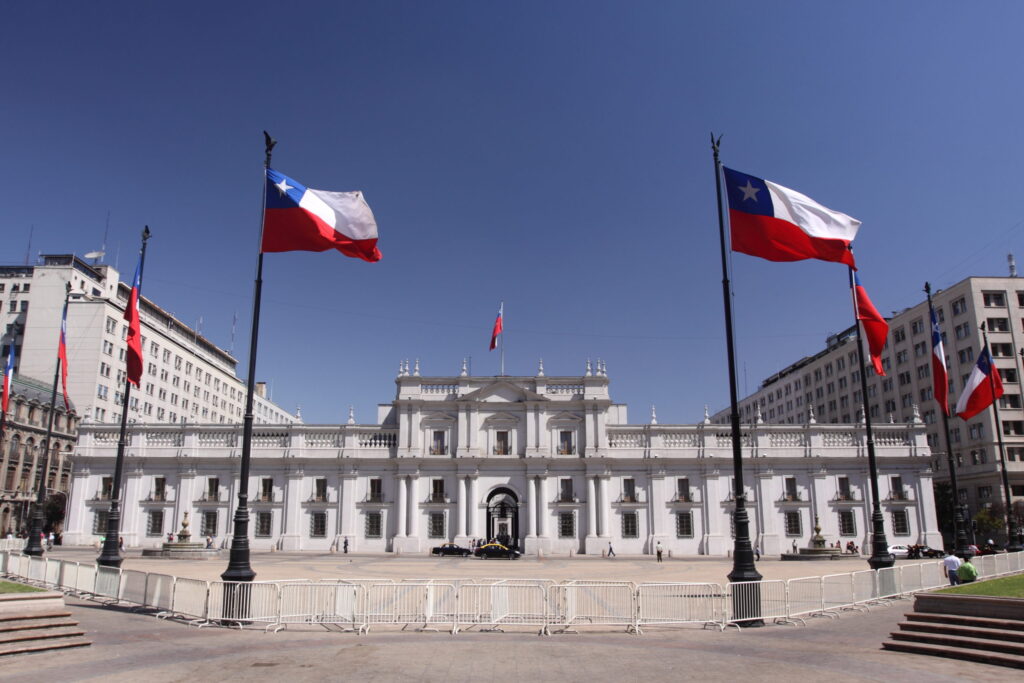Chile has taken a significant step towards regulating its online gaming industry, as a bill aimed at fostering a competitive market while safeguarding player well-being has received overwhelming approval in the chamber.
This legislative initiative, if transformed into law, would empower various Chilean regulatory bodies, including the Superintendence of Casino Games (SCJ), the Commission for the Financial Market (CMF), and the Internal Revenue Service (SII).
One of the key highlights of the bill is the introduction of a National Policy on Responsible Gambling, with active involvement from the SCJ and the country’s ministries of finance and health.
This policy underscores Chile’s commitment to ensuring the welfare of its citizens in the realm of online gaming.
To operate an individual online betting platform, operators would be required to pay a general license fee of CLP64.2 million (£58,147/€67,744/$74,189).
Additionally, online gaming services will be subject to VAT due to their classification as digital entertainment.
This VAT system would enable operators to reclaim tax credits for expenses like advertising and software development.
The bill outlines the allocation of gross gaming revenue (GGR) for online gambling in Chile. Online operators are mandated to dedicate 2% of their GGR to sports-related initiatives.
One-third of this allocation will support the National Sports Institute, another third will benefit the Chilean Olympic Committee, and the final third will go to the Chilean Paralympic Committee.
This demonstrates the government’s commitment to fostering sports development and inclusion through the online gaming industry.
In a bid to curb illegal gambling activities, the bill contains strict measures. Advertisers are required to promote only legal operators, and those engaging in unauthorized online gambling in Chile will be prohibited from holding bank accounts within the country.
Internet service providers will be obliged to block access to illicit platforms and prevent downloads of apps operated by unlicensed providers.
Banks will also have the authority to block transactions to illegal operators.
The groundwork for this legislation was laid in February 2021 when the Ministry of Finance announced its plans to legalize online gaming.
Subsequently, in March 2022, Chile’s government introduced the country’s first online gaming bill, marking a significant milestone in the regulation of the burgeoning online gaming sector in Chile.
